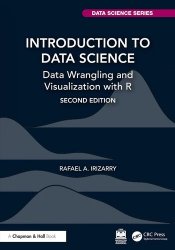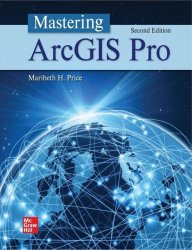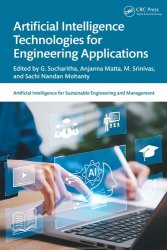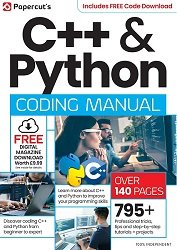 Название: Introduction to Data Science: Data Wrangling and Visualization with R, 2nd Edition
Название: Introduction to Data Science: Data Wrangling and Visualization with R, 2nd EditionАвтор: Rafael A. Irizarry
Издательство: CRC Press
Год: 2025
Страниц: 346
Язык: английский
Формат: pdf (true)
Размер: 190.7 MB
Introduction to Data Science: Data Analysis and Prediction Algorithms with R introduces concepts and skills that can help you tackle real-world data analysis challenges. It covers concepts from probability, statistical inference, linear regression, and machine learning. It also helps you develop skills such as R programming, data wrangling, data visualization, predictive algorithm building, file organization with UNIX/Linux shell, version control with Git and GitHub, and reproducible document preparation.
This book is a textbook for a first course in Data Science. No previous knowledge of R is necessary, although some experience with programming may be helpful. The book is divided into six parts: R, data visualization, statistics with R, data wrangling, Machine Learning, and productivity tools. Each part has several chapters meant to be presented as one lecture.
The author uses motivating case studies that realistically mimic a data scientist's experience. He starts by asking specific questions and answers these through data analysis so concepts are learned as a means to answering the questions. Examples of the case studies included are: US murder rates by state, self-reported student heights, trends in world health and economics, the impact of vaccines on infectious disease rates, the financial crisis of 2007-2008, election forecasting, building a baseball team, image processing of hand-written digits, and movie recommendation systems.
R is not a programming language like C or Java. It was not created by software engineers for software development. Instead, it was developed by statisticians as an interactive environment for data analysis. You can read the full history in the paper A Brief History of S . The interactivity is an indispensable feature in data science because, as you will soon learn, the ability to quickly explore data is a necessity for success in this field. However, like in other programming languages, you can save your work as scripts that can be easily executed at any moment. These scripts serve as a record of the analysis you performed, a key feature that facilitates reproducible work. If you are an expert programmer, you should not expect R to follow the conventions you are used to since you will be disappointed. If you are patient, you will come to appreciate the unequal power of R when it comes to data analysis and, specifically, data visualization.
The statistical concepts used to answer the case study questions are only briefly introduced, so complementing with a probability and statistics textbook is highly recommended for in-depth understanding of these concepts. If you read and understand the chapters and complete the exercises, you will be prepared to learn the more advanced concepts and skills needed to become an expert.
A complete solutions manual is available to registered instructors who require the text for a course.
Скачать Introduction to Data Science: Data Wrangling and Visualization with R, 2nd Edition
[related-news] [/related-news]
Комментарии 0
Комментариев пока нет. Стань первым!















